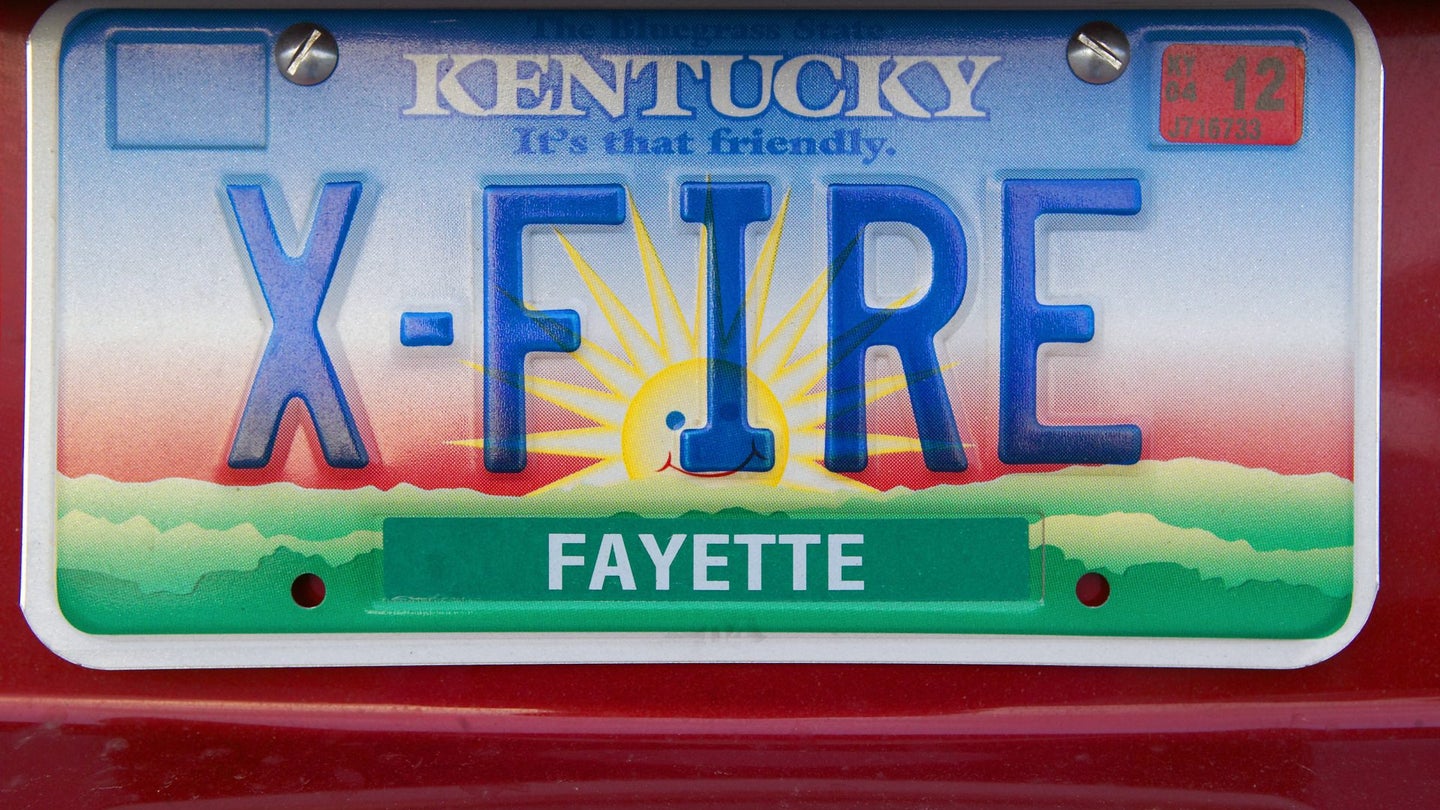As U.S. Highway Deaths Rise, Kentucky Reports a Decline
The Bluegrass State is a bright spot, with fewer of its residents dying on roadways in 2017 than the year before, the first drop in four years.

Amid understandable hand-wringing by traffic safety advocates decrying a recent spike in the nation's highway fatalities, Kentucky is bucking the grim national trend.
"We certainly hope we can continue the downward trend," Noelle Hunter, executive director of the Kentucky Office of Highway Safety said in a phone interview. "We're encouraged by the good start."
Kentucky's highway fatalities fell in 2017 to 770, down from 834 the prior year, according to the state agency's preliminary count. The eight percent decline is the first roadway fatality decrease since 2013 when 638 people died on Kentucky highways.
Unable to sway state lawmakers to ban the use of handheld devices while driving, for instance, Hunter's agency changed the way it delivers public service announcements, moving from a statewide focus to a regional and local one.
"We target the messages based on communities," Hunter said, with officers well known in their community appearing on billboards, for instance, so the message is seen by someone people actually know.
In years past, the state’s 75 overhead and side-mount dynamic message signs would typically be blank unless officials wanted to alert motorists of situations such as congestion ahead. These days, the signs are used to relay humorous reminders to drive safely, such as "This ain't Nascar, so slow down," or "Cats have nine lives. You're not a cat, so buckle up."
Motorists appreciate that "we're talking to them, not at them," Hunter said.
State officials have had modest success at raising the rate of seat belt usage, which rose to 86.7 percent last year from 86.5 percent the year before but still remains below the 90 percent usage rate across the nation. "We're throwing everything we can at seat belt use, because we know you're 44 percent more likely to survive a crash," Hunter added of safety belts.
